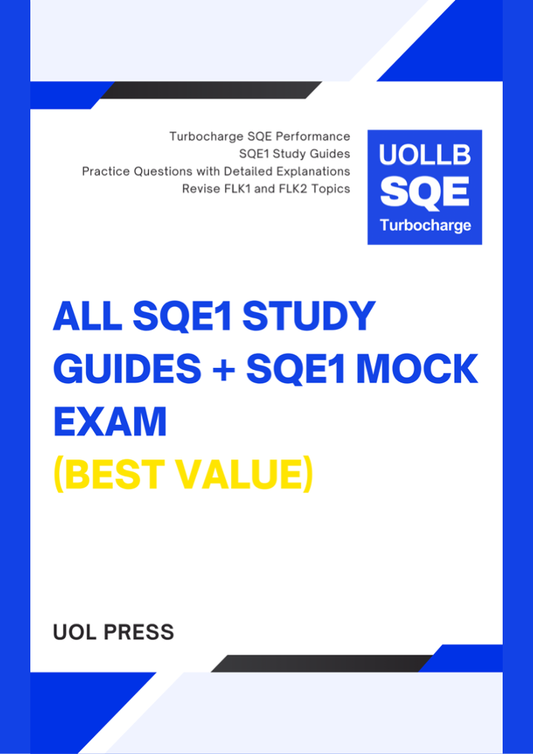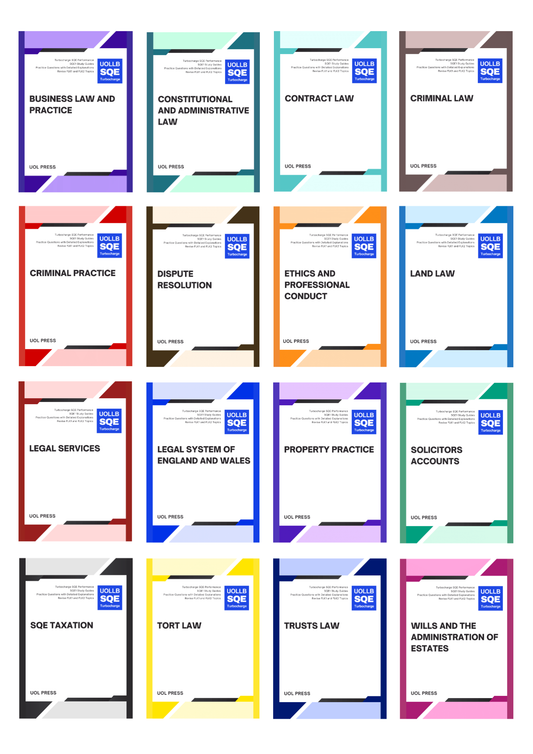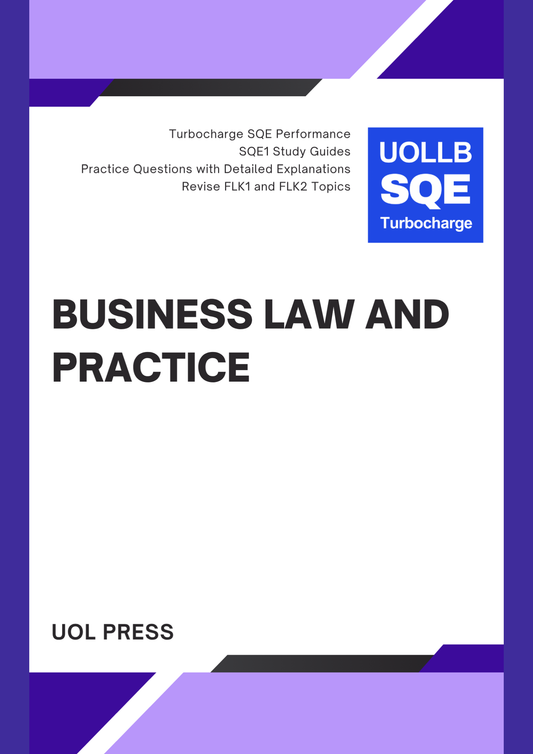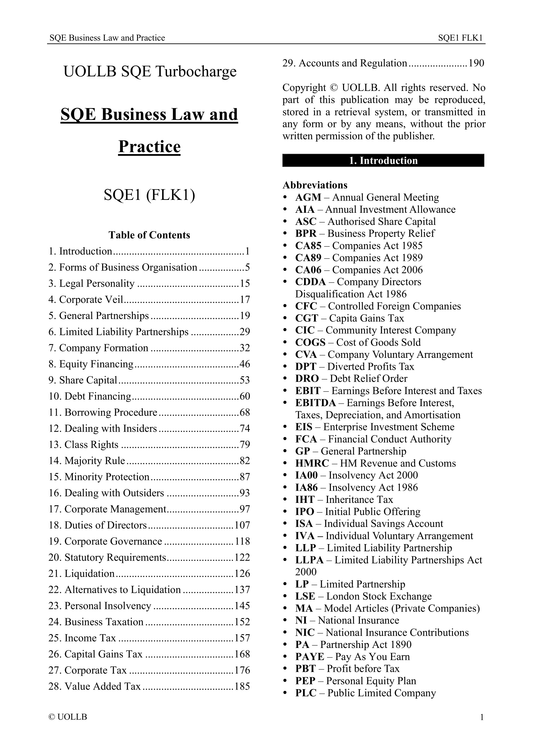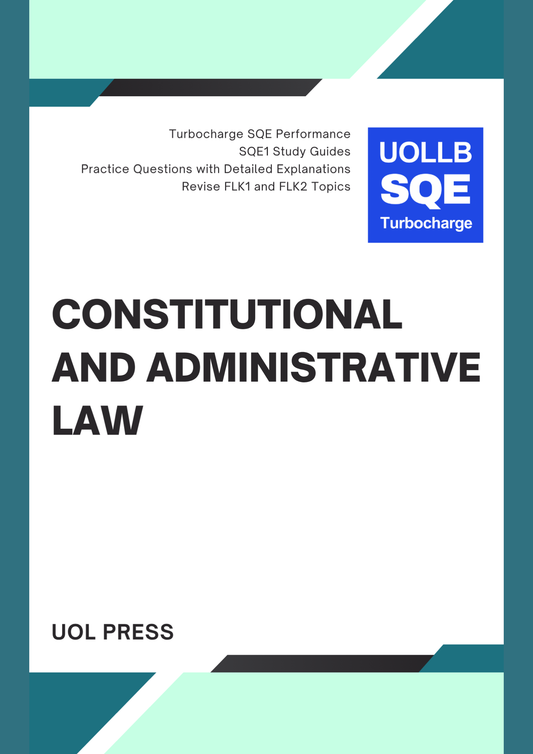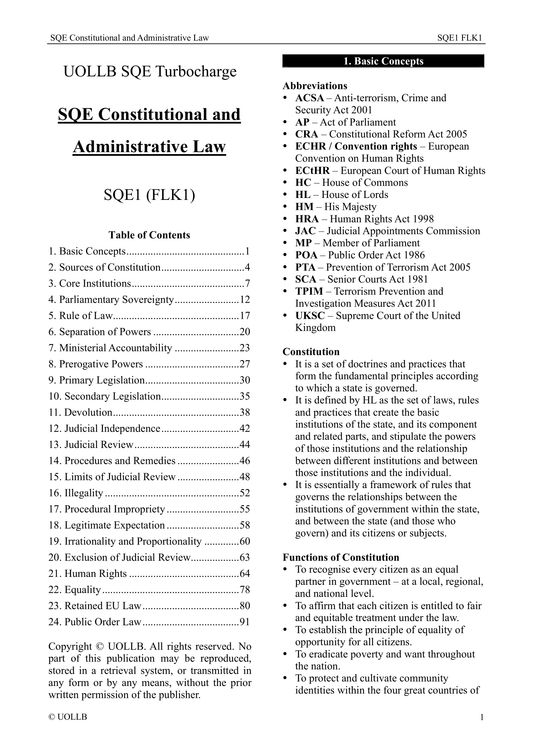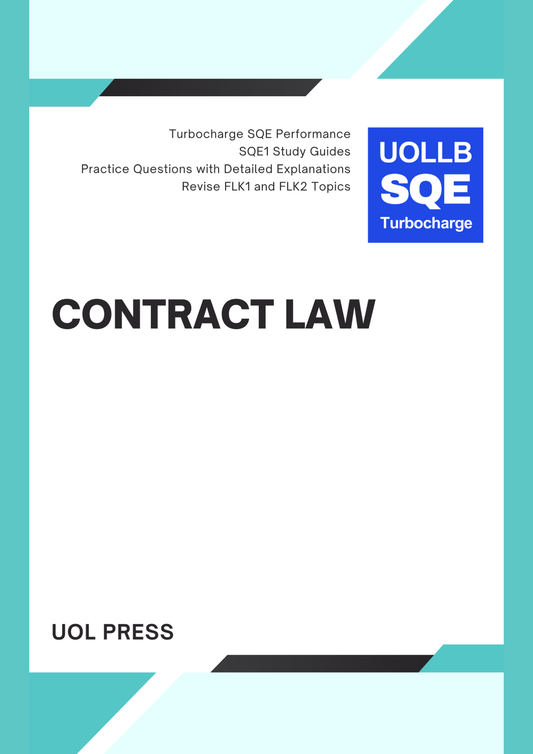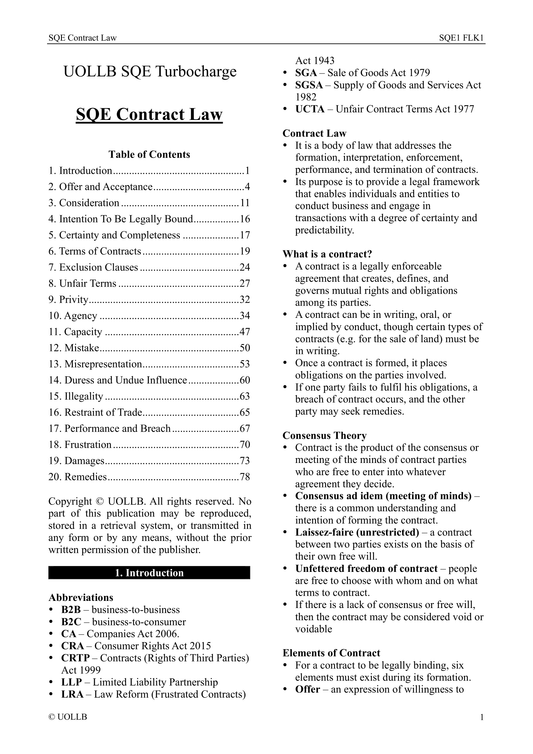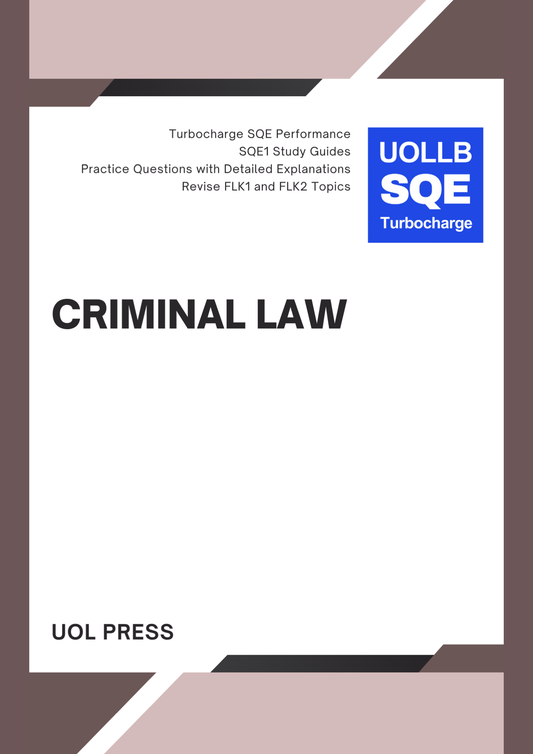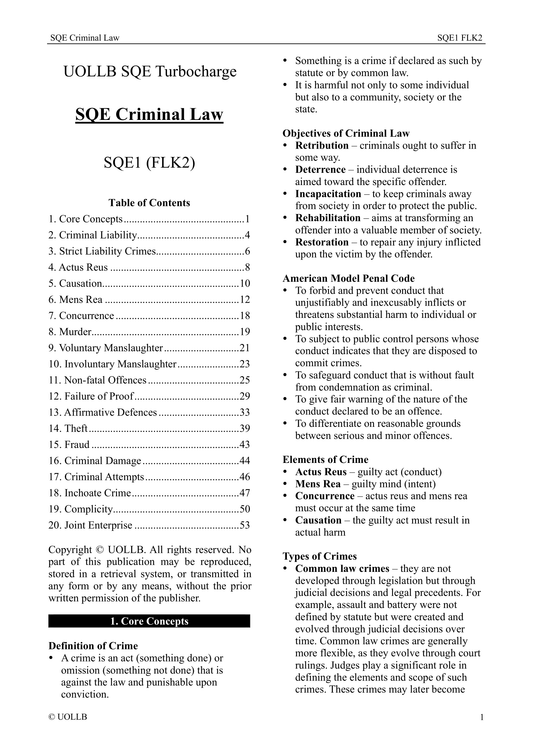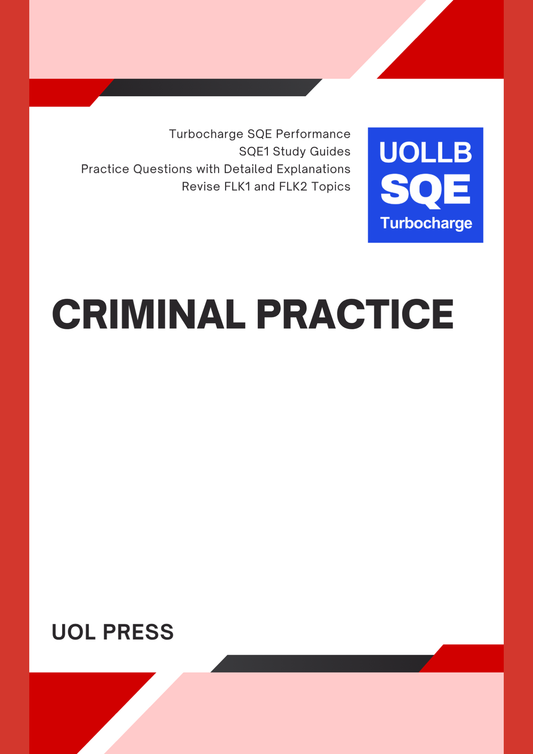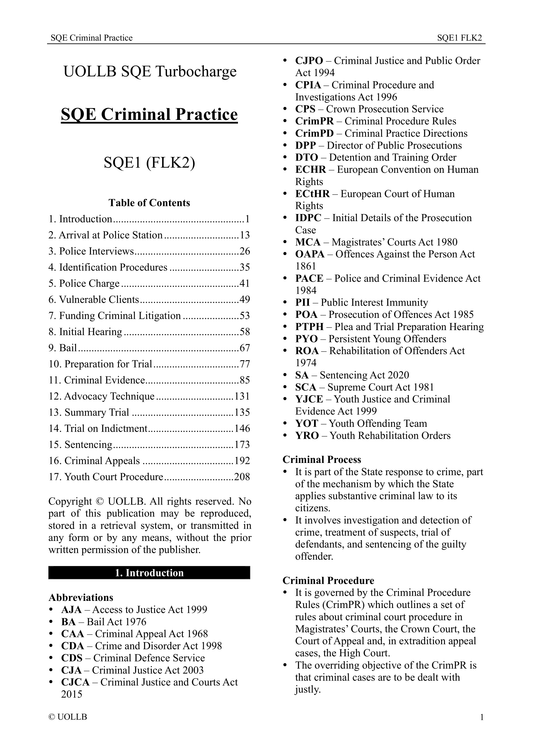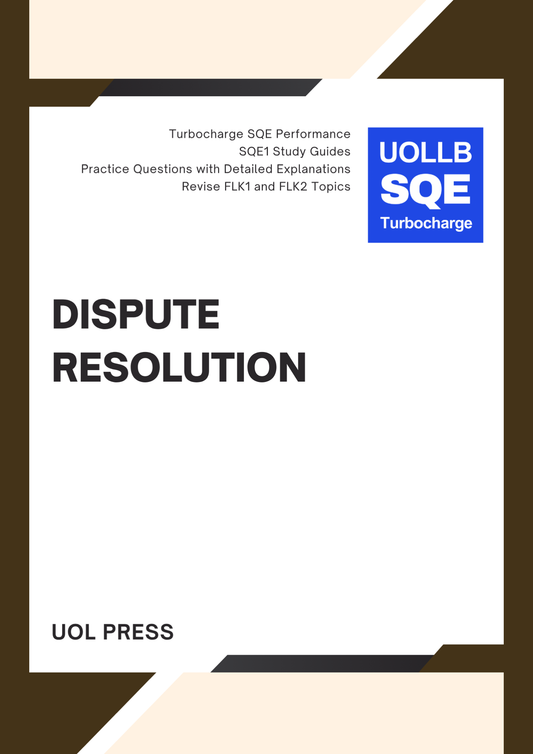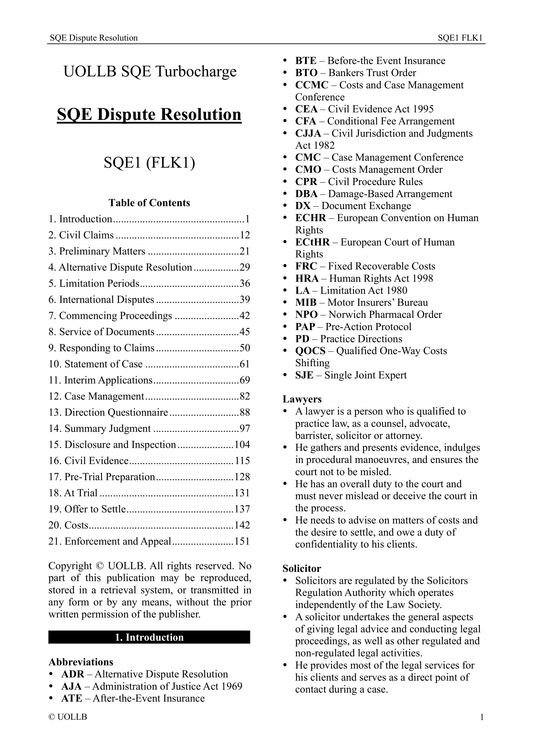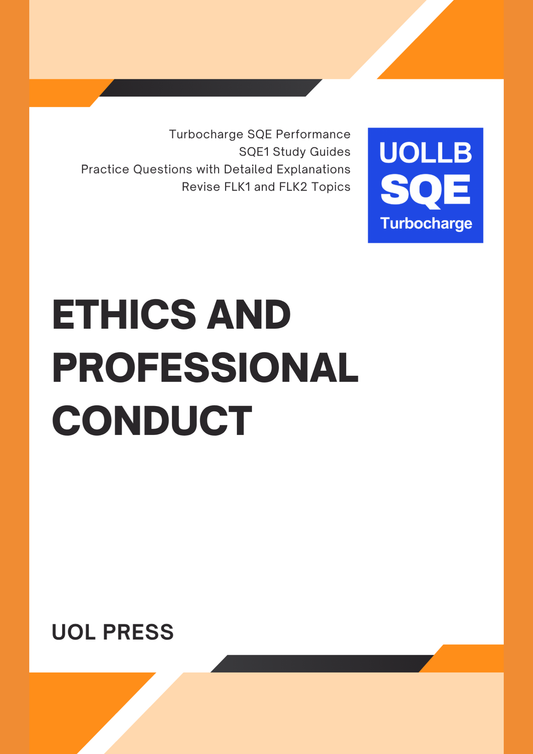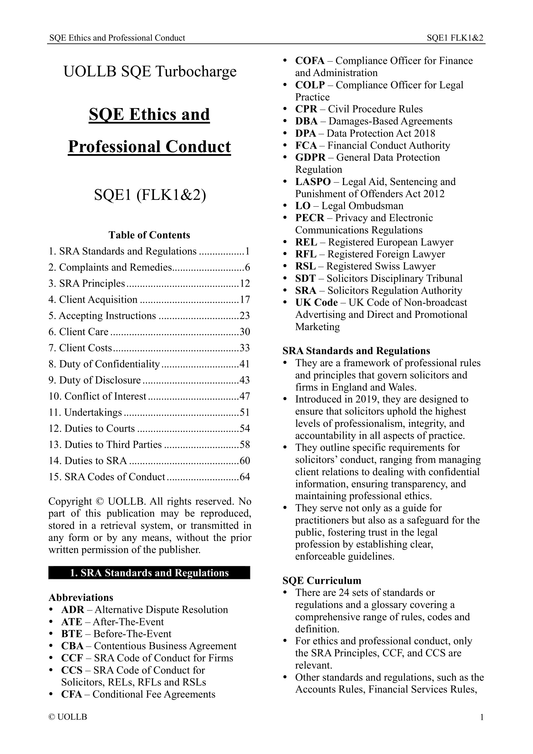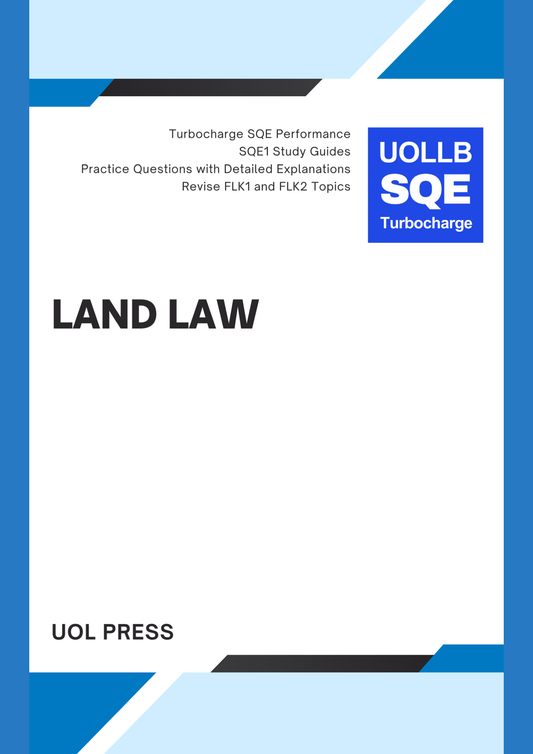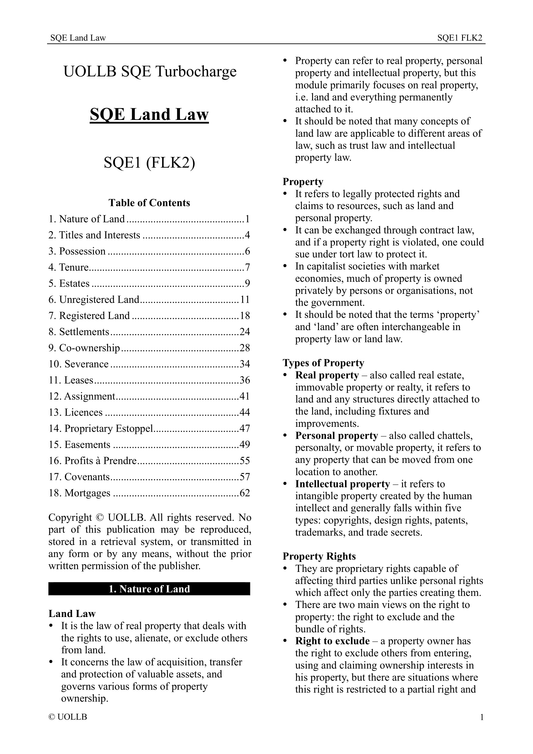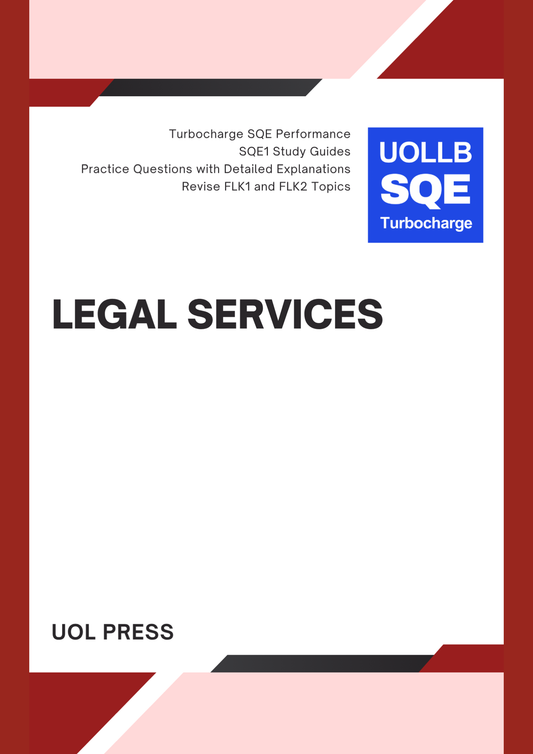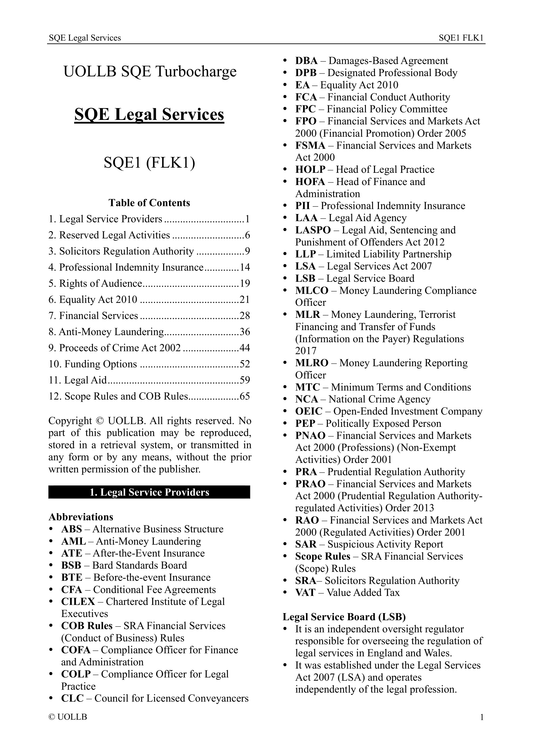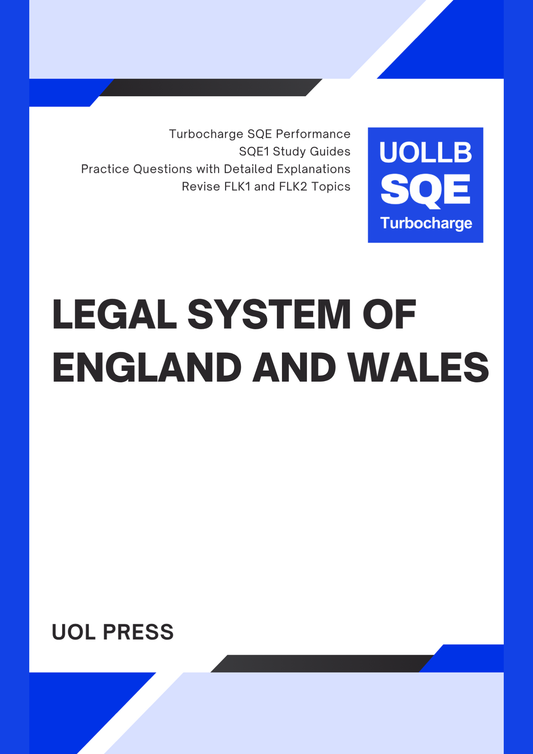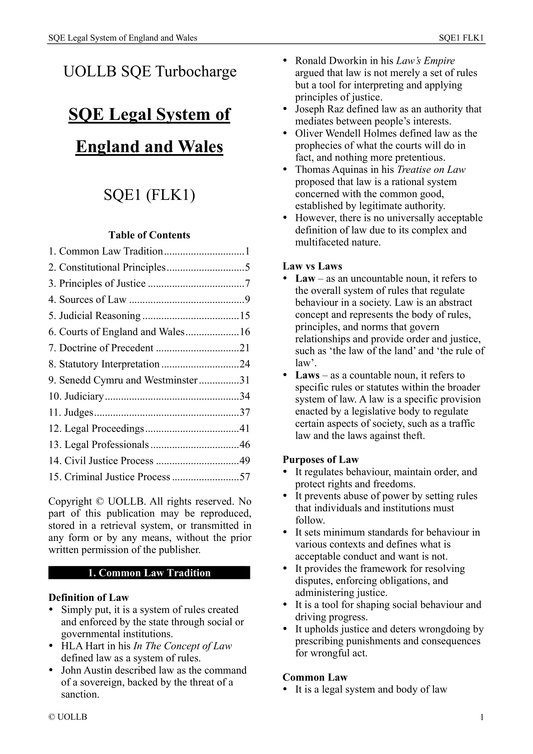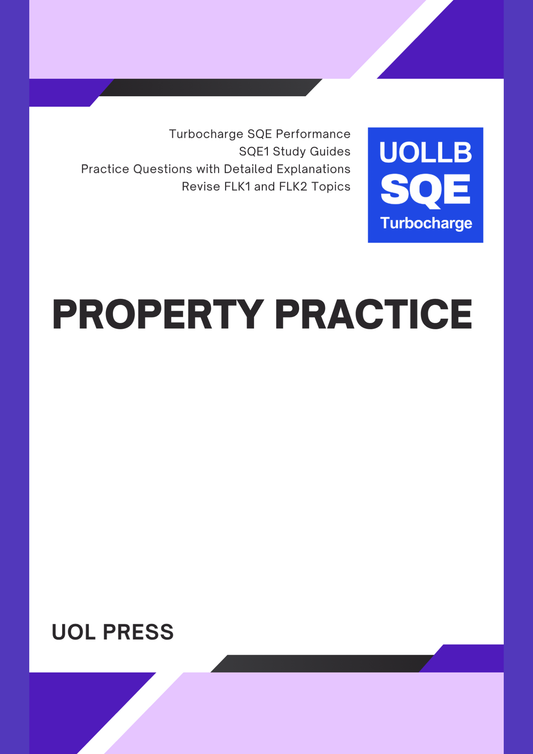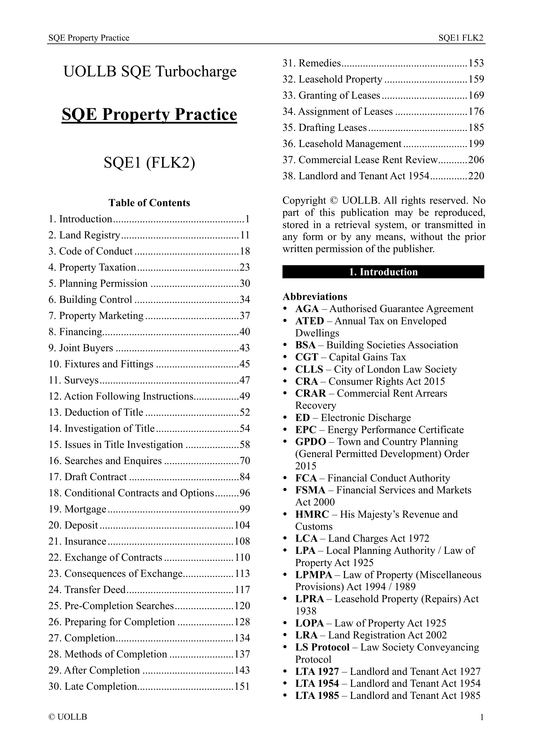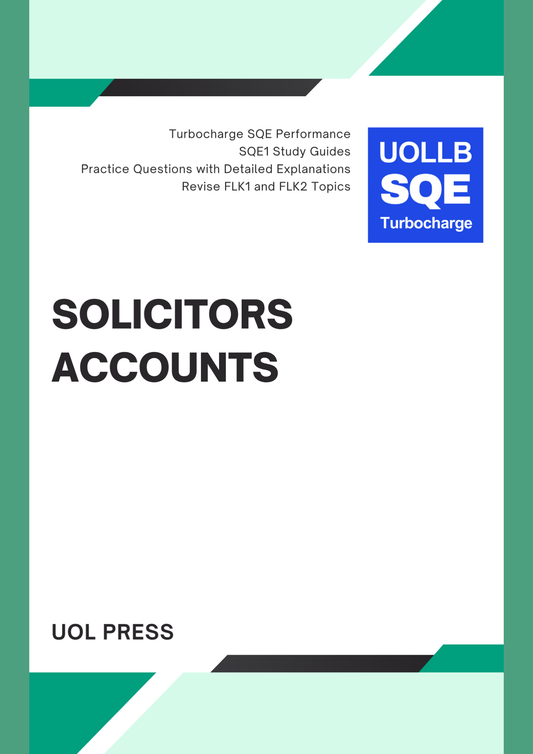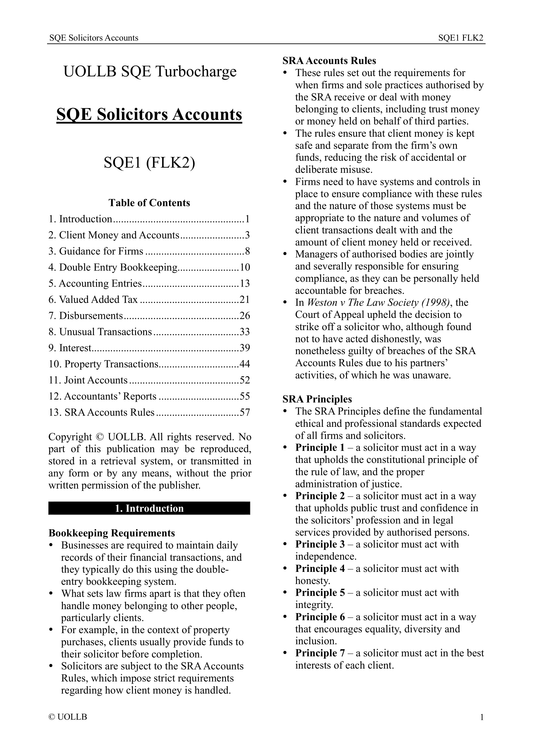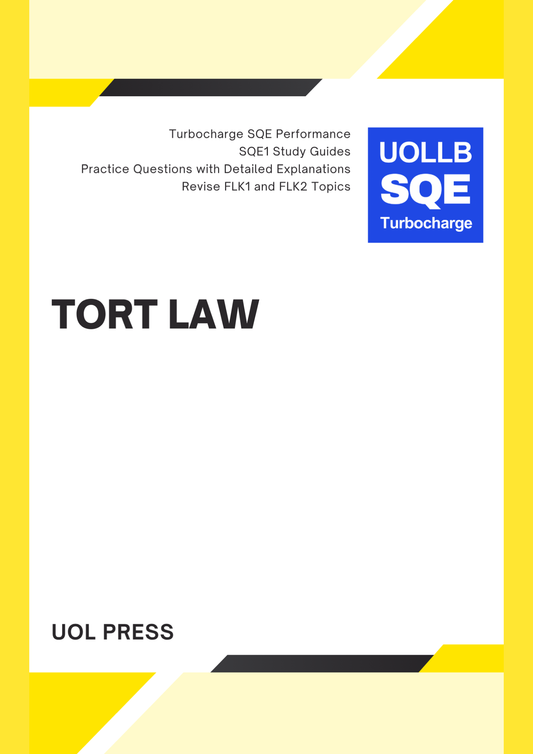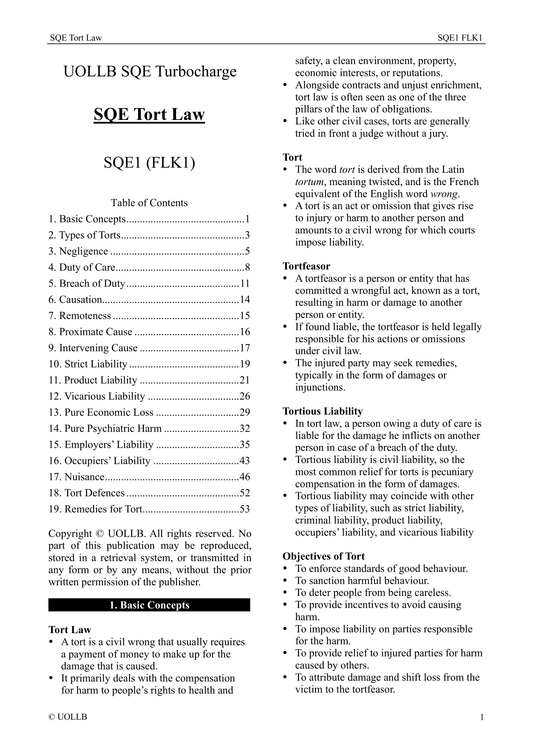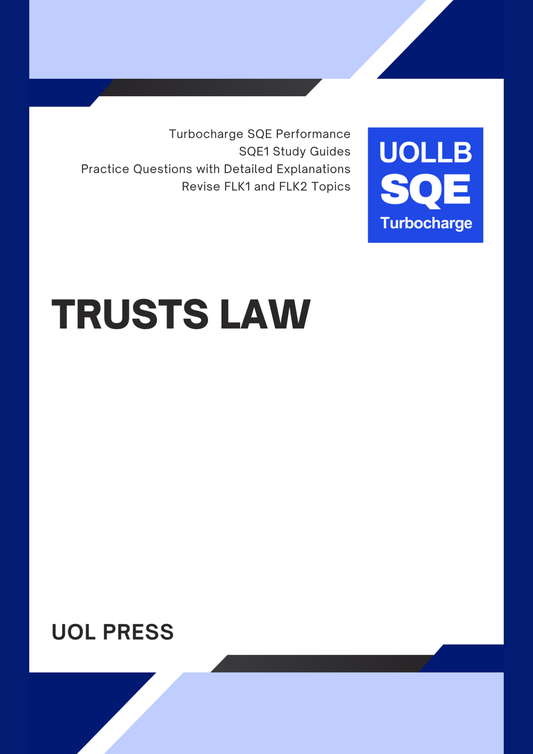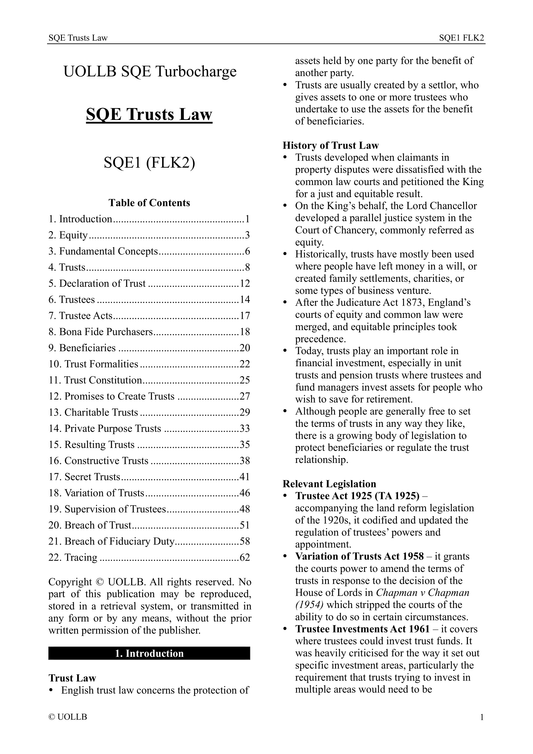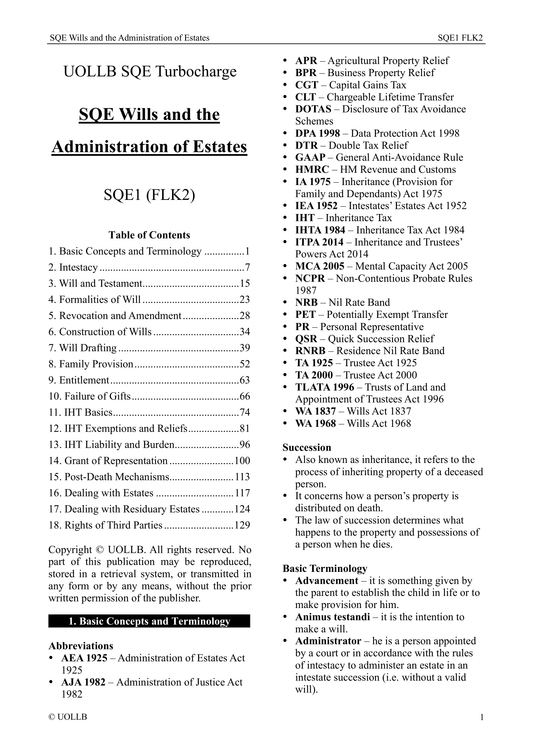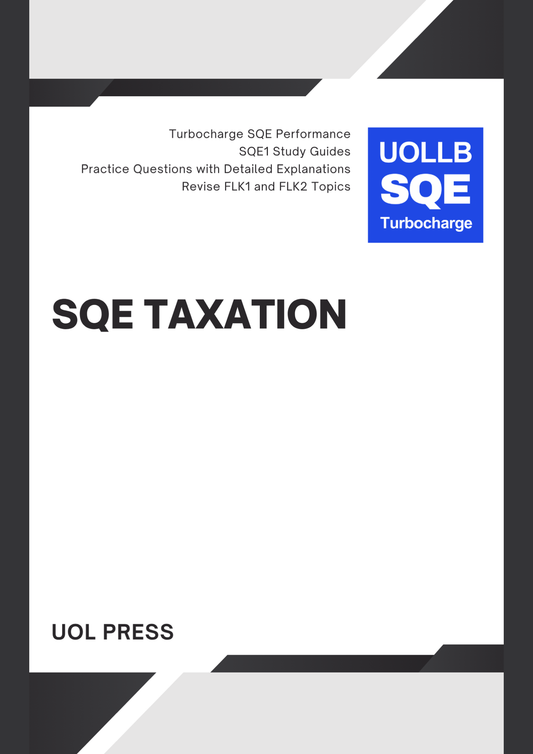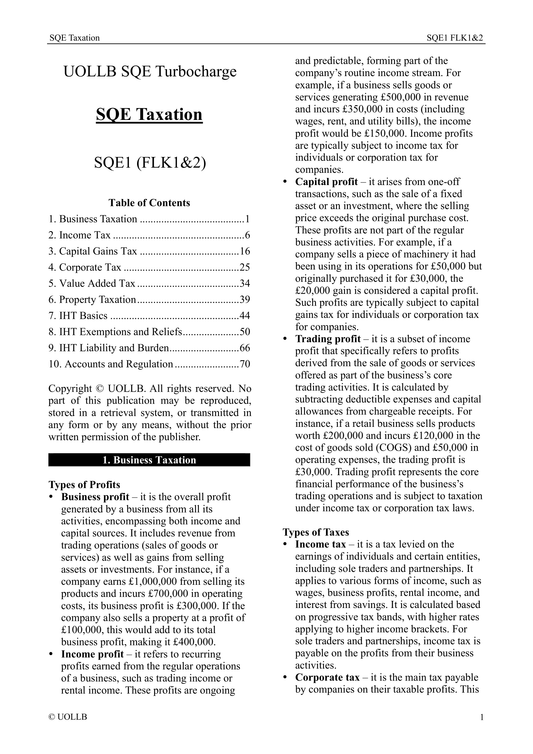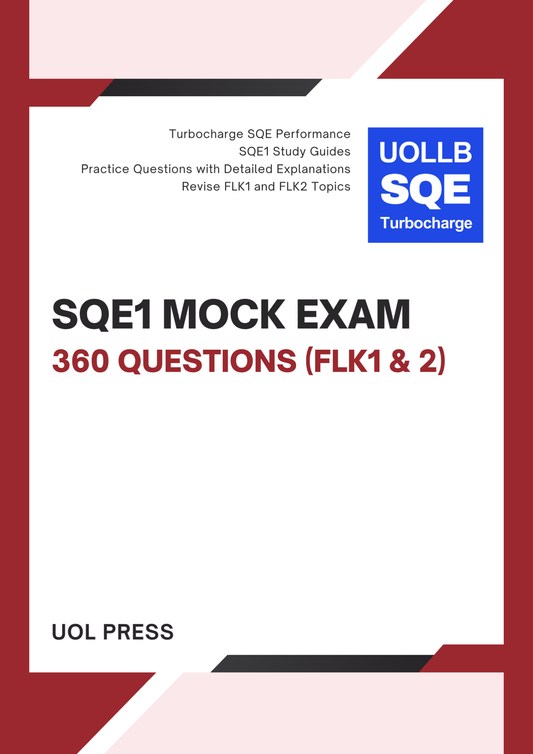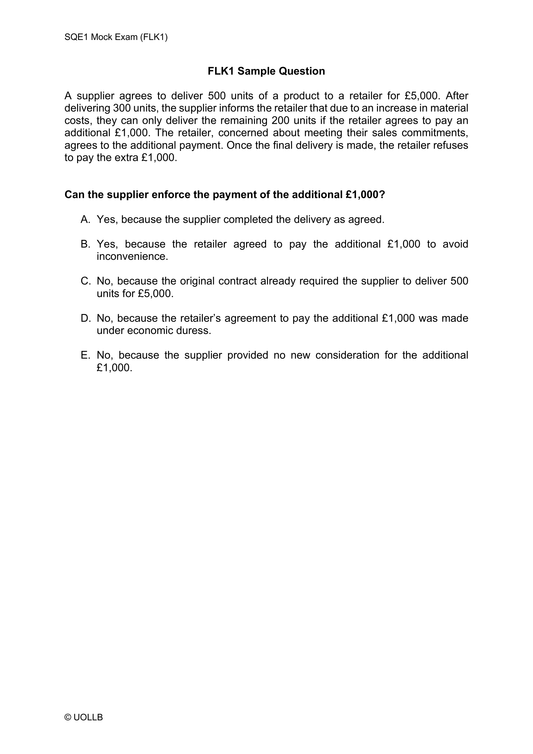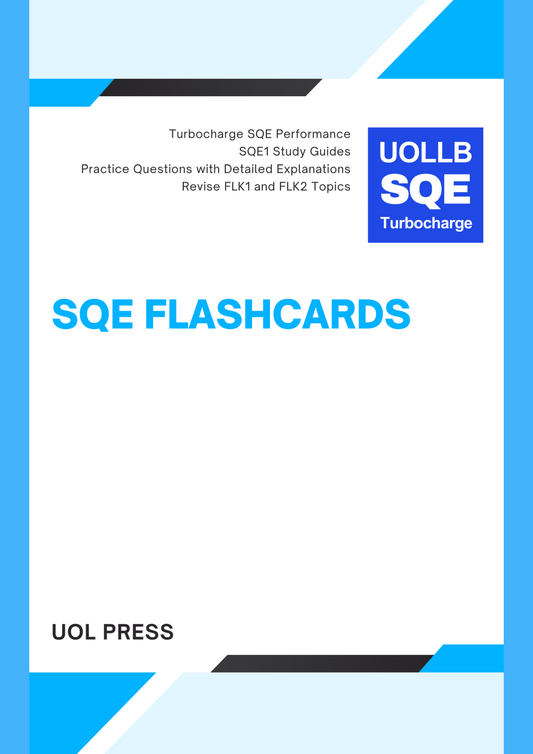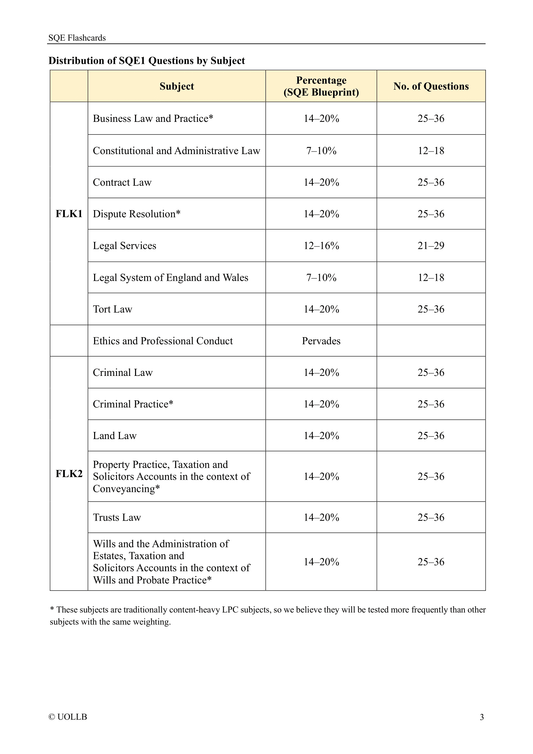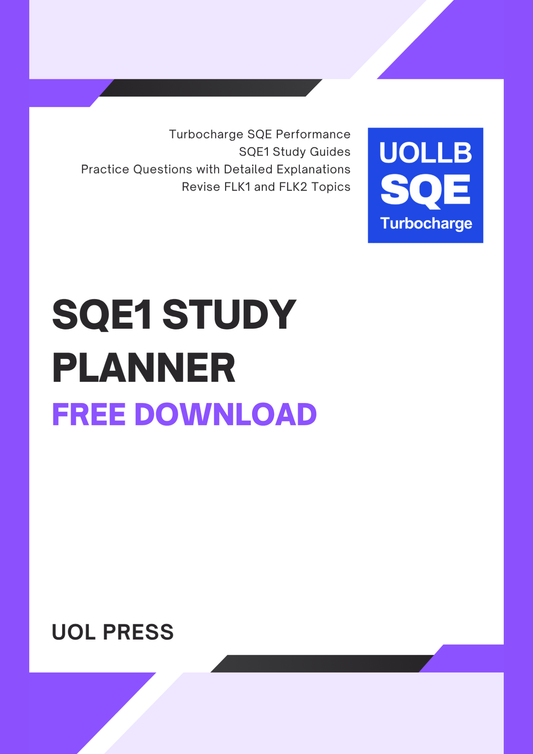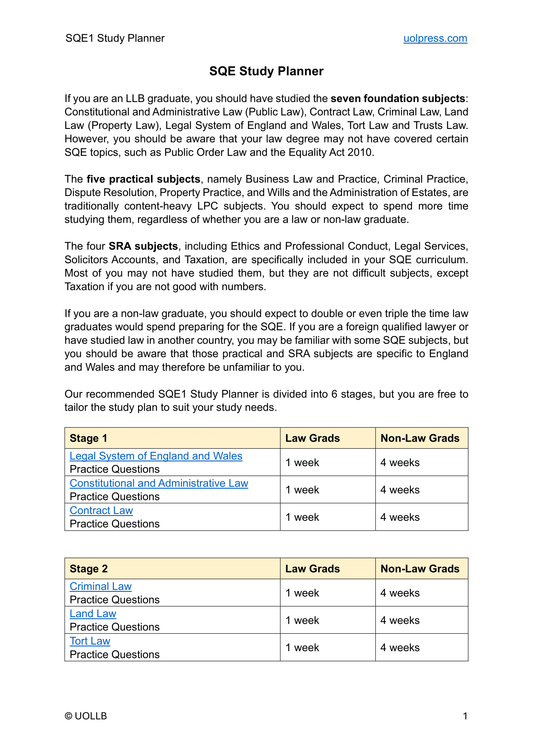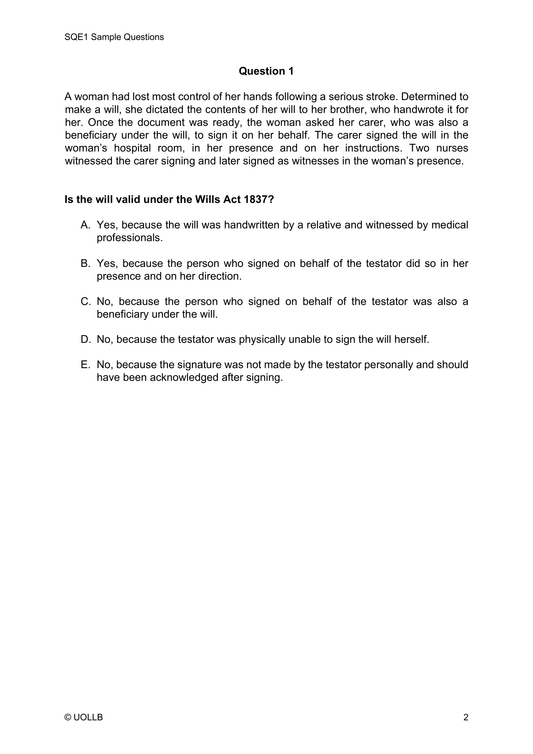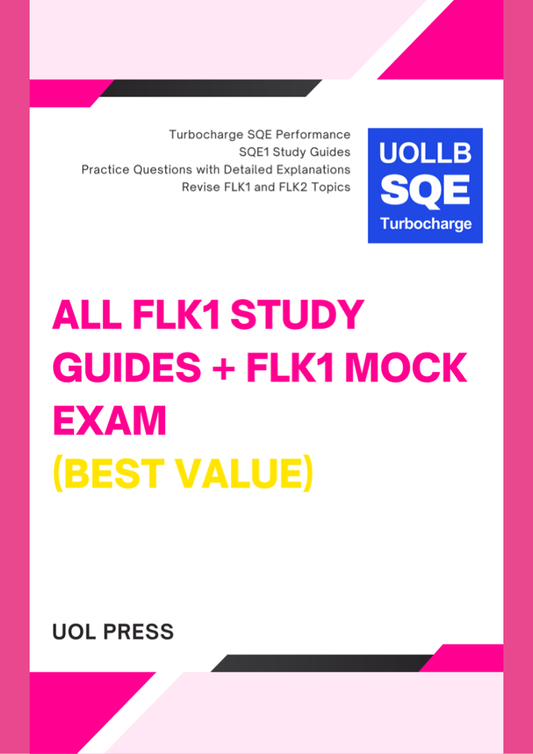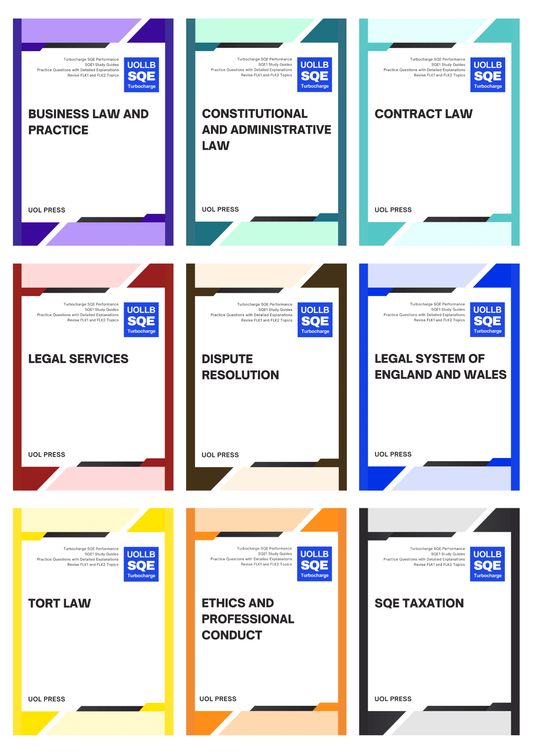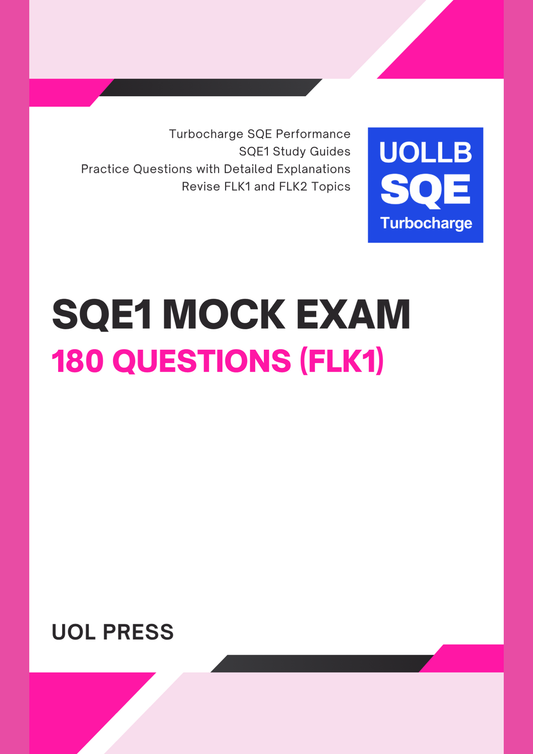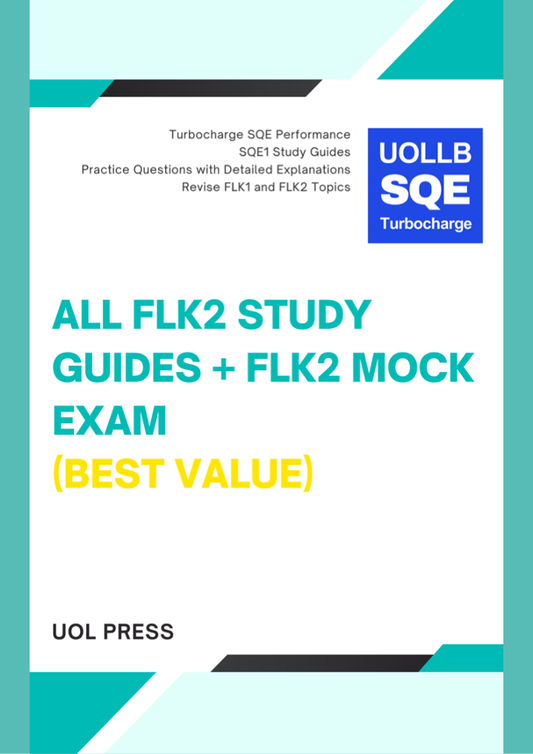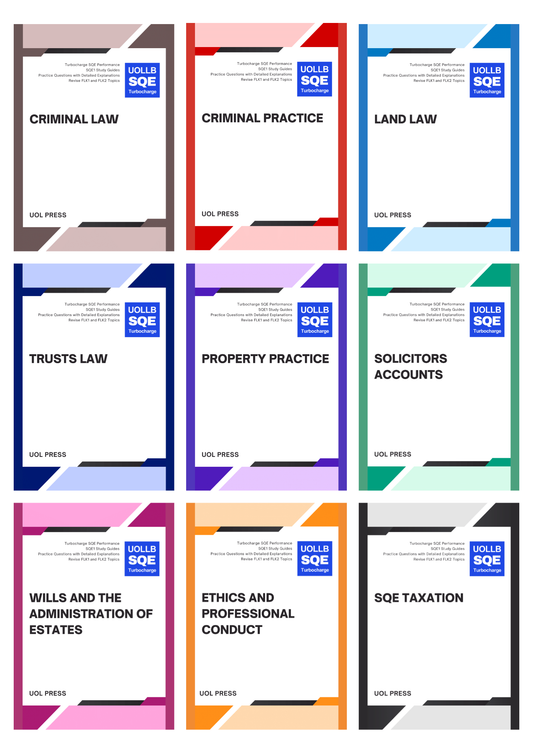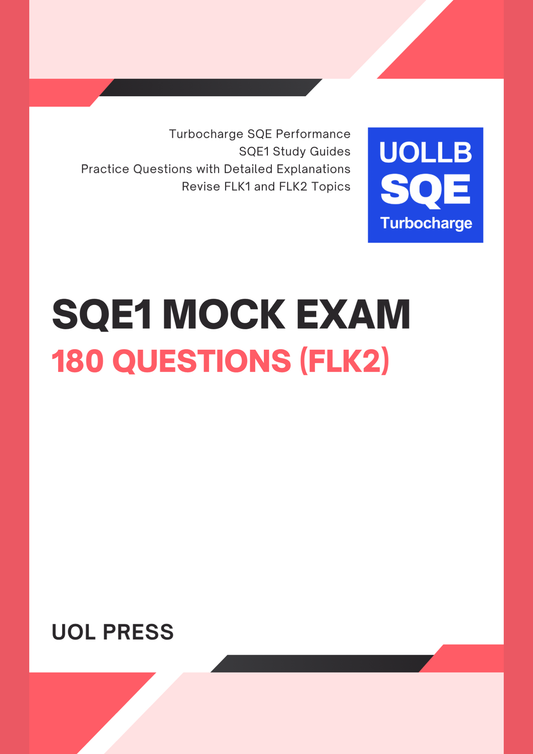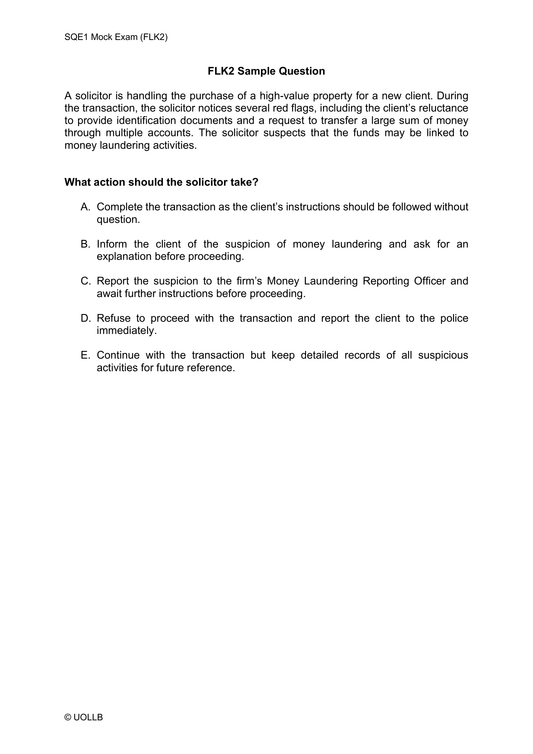How Much Time Do I Need to Prepare for SQE?
Share
The amount of time needed for SQE preparation varies based on your previous studies and overall readiness. While some candidates with a legal background may need several months (at least six months recommended), others without a law degree or formal legal training will likely require a lot more time (at least 1.5 years recommended).
Law Graduates
If you have a law degree, we recommend at least six months of dedicated preparation for the SQE. This timeframe allows you to focus on SQE-specific content and assessment styles, which may be quite different from those in law school. For example, if you graduate in June, you are advised to take the January exam to allow yourself ample time for revision, rather than rushing for the July exam immediately after graduation.
The SQE curriculum is comprehensive and extends beyond the scope of most UK law degree programmes. While your degree may cover foundational areas such as contract law, criminal law, tort law and property law, it does not cover the full SQE syllabus. Additionally, unlike traditional law school exams that rely on essays and problem questions, SQE1 requires a single-best-answer format where you need to select the best answer out of five plausible options. Familiarising yourself with this testing format is crucial to success, as it requires quick analytical skills and correct application of legal principles in real-life situations.
Non-Law Graduates
For those without a formal legal education, we suggest allowing at least 1.5 years for SQE preparation. This longer period accounts for the additional challenges non-law graduates face, such as needing to build foundational legal knowledge before tackling SQE-specific content such as property practice and solicitors accounts. Many candidates find that a year or more provides sufficient time to study intensively, complete practice questions, and thoroughly understand the unique assessment requirements.
Starting from a non-law background presents significant challenges, as you will need to familiarise yourself with legal concepts and case law, often for the first time. Given the SQE’s comprehensive coverage, starting with introductory law courses or materials designed to build foundational knowledge is a wise choice. Additionally, practising with SQE1’s multiple-choice format early can help you develop the critical-thinking skills needed to discern the best answer among several seemingly correct options.
The SQE is one of the most challenging and costly professional exams in the UK. With a current pass rate of only 41%, it requires serious commitment and study. Proper preparation can mean the difference between passing and needing to retake this rigorous exam. The cost of retaking the SQE can be significant, both financially and in terms of time, so approaching the exam with adequate preparation is crucial.
